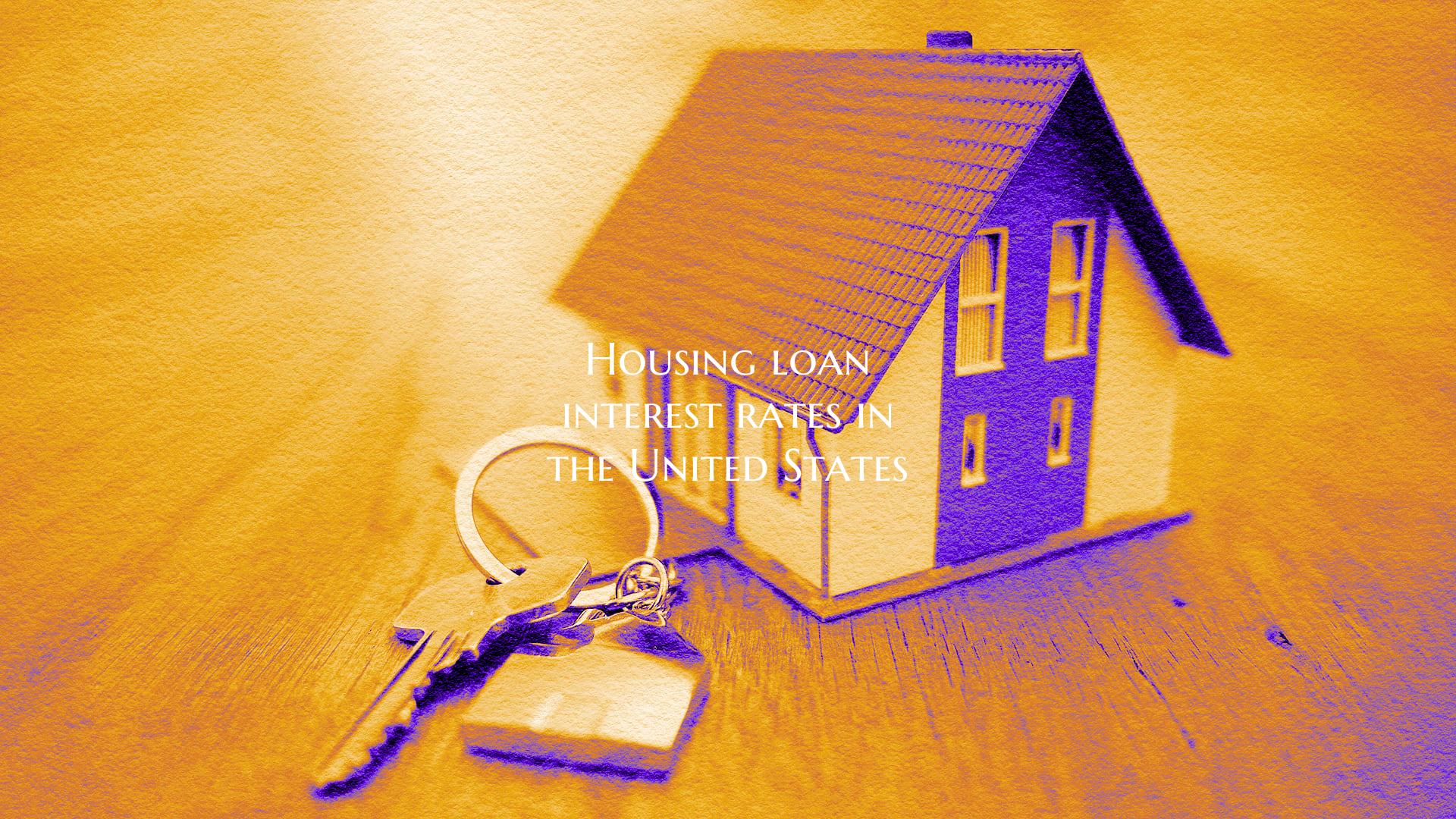Housing loan interest rates in the United States

Housing loan interest rates in the United States play a crucial role in determining the affordability of homeownership for individuals and families. These rates represent the cost of borrowing money to purchase a home and can vary based on multiple factors such as the overall economic climate, lender policies, and individual creditworthiness.
Interest rates for housing loans are influenced by several economic indicators, with the Federal Reserve playing a significant role in setting the tone for interest rate trends. When the Fed raises or lowers the federal funds rate, it can have a ripple effect on mortgage rates across the country.
Borrowers with higher credit scores typically qualify for lower interest rates, as they are viewed as less risky by lenders. Additionally, the type of mortgage loan chosen, whether it's a fixed-rate mortgage or an adjustable-rate mortgage, can also impact the interest rate offered.
Prospective homebuyers should keep a close eye on the housing market and economic conditions to make informed decisions about when to secure a loan. Working with a reputable lender and considering factors like down payment size and loan term can also help in securing favorable interest rates.
Overall, monitoring housing loan interest rates in the United States is essential for anyone looking to buy a home or refinance their existing mortgage, as even a slight change in rates can significantly impact the overall cost of homeownership.
